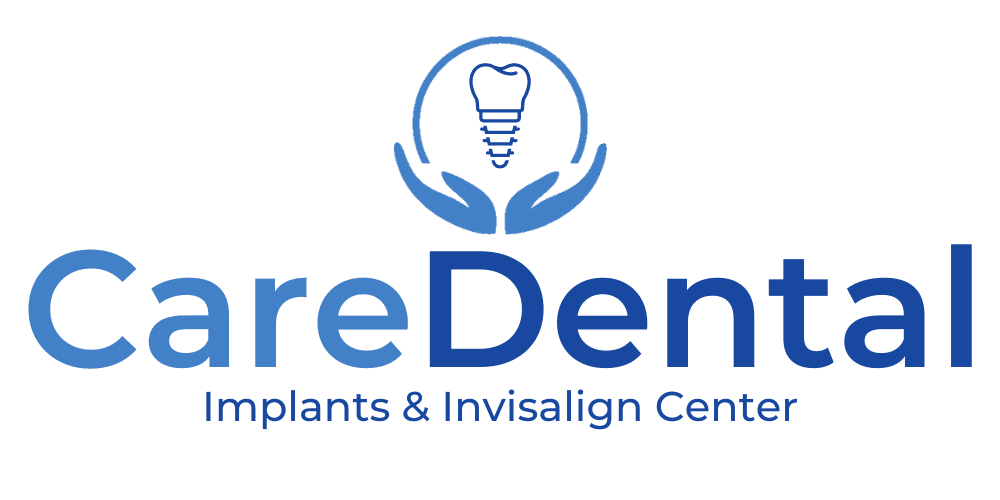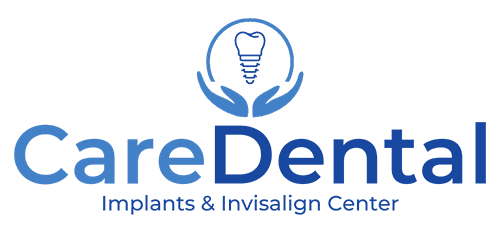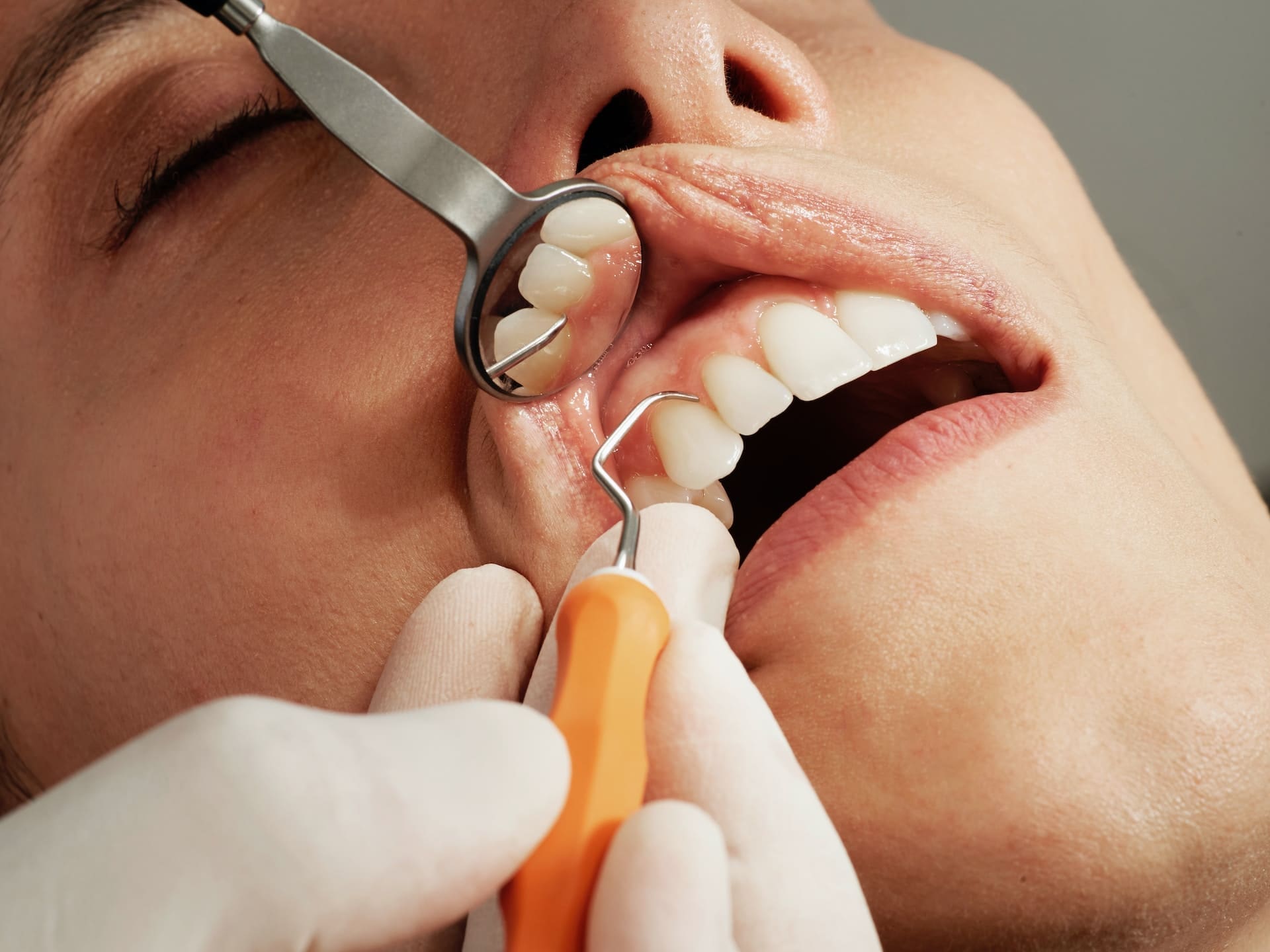Gum disease, also known as periodontal disease, is a prevalent oral health issue that affects millions of people worldwide. The primary cause of this condition is a buildup of plaque, which contains harmful bacteria that can infect and damage the gums and other tissues that support the teeth. If left untreated, gum disease can eventually lead to tooth loss and even impact your overall health. At Care Dental Implants & Invisalign Center in Quincy, MA, our premier dental practice is committed to providing our patients with educational resources and comprehensive treatment options for gum disease.
Understanding gum disease, its symptoms, treatment options, and prevention strategies is crucial for maintaining a healthy and confident smile. The early stages of gum disease, known as gingivitis, are often reversible with proper dental care and attention. However, if the condition progresses to a more advanced stage called periodontitis, the damage done to the gums and supporting structures of the teeth can become irreversible.
In this in-depth, informative guide, we will discuss the various aspects of gum disease, including how to recognize its symptoms, the available treatment options, and practical tips for preventing this harmful condition. We understand that a proactive approach to dental care is essential for maintaining optimal oral health. By providing our patients with the knowledge they need about gum disease, we aim to help them make informed decisions regarding their dental health.
Whether you’re experiencing early signs of gum disease or simply wanting to know how to prevent it, this guide will cover everything you need to know. Learn how to protect your smile and overall well-being by recognizing and addressing gum disease in its earliest stages.
Recognizing the Symptoms of Gum Disease
The early signs of gum disease can be subtle and easy to overlook. However, recognizing the symptoms as early as possible is crucial for successful treatment and reversal of the condition. Some common symptoms of gum disease include:
1. Red, swollen, or tender gums
2. Bleeding gums while brushing or flossing
3. Persistent bad breath (halitosis) or an unpleasant taste in the mouth
4. Gum recession, making the teeth appear longer
5. Loose or shifting teeth
6. Formation of deep pockets between the teeth and gums
7. Changes in bite or fitting of dental appliances
If you notice any of these symptoms, it’s essential to consult your dentist as soon as possible for an assessment and appropriate treatment recommendations.
Treatment Options for Gum Disease
The treatment of gum disease largely depends on the severity of the condition. For mild cases of gingivitis, your dentist may recommend improving your oral hygiene practices and possibly using an antimicrobial mouthwash to control bacterial growth.
For more advanced cases of periodontitis, several treatment options may be recommended, including:
1. Scaling and Root Planing: This professional deep-cleaning procedure involves removing plaque and tartar buildup on the tooth surfaces and smoothing the tooth root to promote the reattachment of the gum tissue. Scaling and root planing often require several appointments, followed by consistent oral hygiene practices at home.
2. Medications: Your dentist may prescribe antibiotics, antimicrobial mouth rinses, or local delivery antimicrobials to help control bacterial infection and support the healing process.
3. Surgical Treatments: In more severe cases of periodontitis, surgical intervention may be necessary. Common surgical treatments include flap surgery (pocket reduction surgery), bone or soft tissue grafts, guided tissue regeneration, and dental implants if tooth loss has occurred.
4. Maintenance and follow-up care: After initial treatment, it’s crucial to maintain consistent oral hygiene practices and attend regular dental check-ups to monitor and maintain gum health.
Preventing Gum Disease: Daily Oral Hygiene Habits
Consistent and thorough daily oral hygiene practices are the backbone of gum disease prevention. Follow these essential daily habits to maintain healthy gums and teeth:
1. Brushing: Brush your teeth at least twice a day using a fluoride toothpaste and a soft-bristle toothbrush. Make sure to brush for two minutes, focusing on all tooth surfaces and paying special attention to the gum line.
2. Flossing: Floss at least once daily to remove plaque and food debris from between your teeth and under the gum line, where your toothbrush can’t reach.
3. Mouthwash: Consider using an antimicrobial mouthwash to help control bacteria and reduce plaque buildup. However, mouthwash should not be used as a substitute for proper brushing and flossing.
4. Tongue cleaning: Use a tongue scraper or your toothbrush to gently clean your tongue and remove bacteria that can contribute to gum disease and bad breath.
The Role of Diet and Nutrition in Gum Health
A well-balanced diet can play a critical role in maintaining healthy gums and preventing gum disease. Focus on consuming foods rich in vitamins and minerals that support oral health, such as vitamin C, calcium, and vitamin D.
Limit your intake of sugary and acidic foods and beverages, as they can promote plaque buildup and damage tooth enamel. Rather, opt for fruits, vegetables, lean proteins, dairy products, and whole grains. Additionally, stay hydrated by drinking plenty of water throughout the day, which aids in saliva production and helps rinse away food particles and bacteria.
The Importance of Regular Dental Check-Ups for Gum Health
Routine dental check-ups and cleanings are essential for maintaining gum health and timely detection of any signs of gum disease. The American Dental Association recommends dental visits at least twice a year or as advised by your dentist. During these check-ups, your dentist will assess your oral health, provide a professional cleaning to remove tartar buildup, and recommend any necessary treatments or preventive measures based on your individual gum health status.
A Proactive Approach to Gum Health is Key
A proactive approach to dental care is essential for maintaining a healthy and confident smile. By following a consistent oral hygiene routine, maintaining a balanced diet, and scheduling regular dental visits, you can significantly reduce your risk of developing gum disease.
At Care Dental Implants & Invisalign Center in Quincy, MA, we’re here to provide expert guidance and support on all aspects of your oral health needs. If you have any concerns or questions regarding gum disease prevention or treatment, don’t hesitate to reach out to our experienced and caring team. Prioritize your gum health today, and invest in a lifetime of beautiful smiles.


